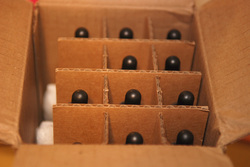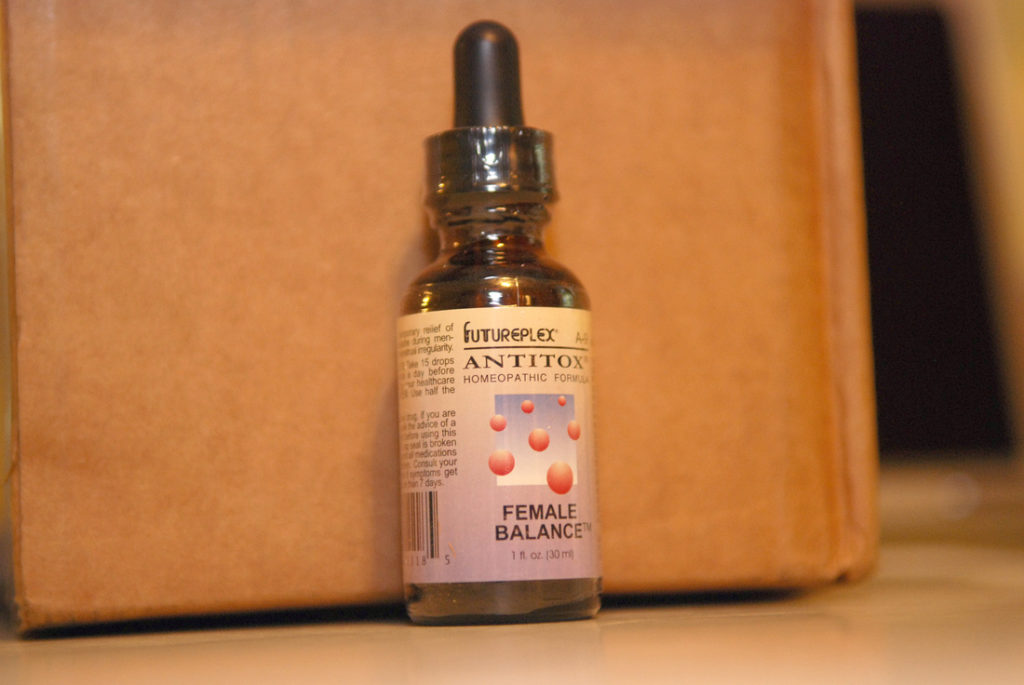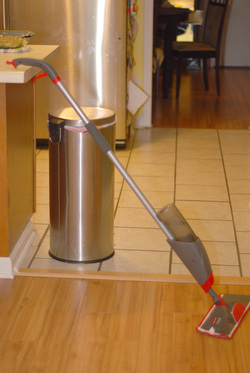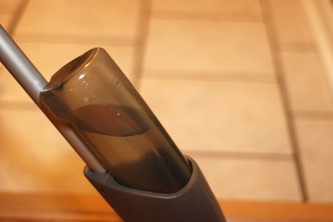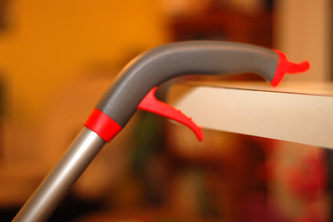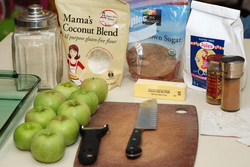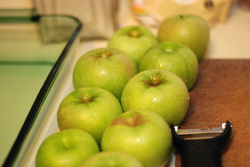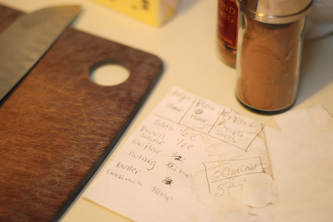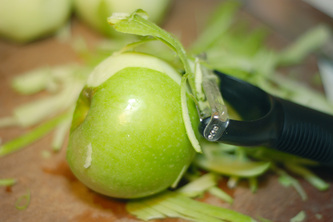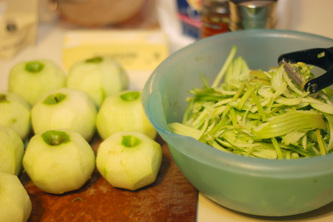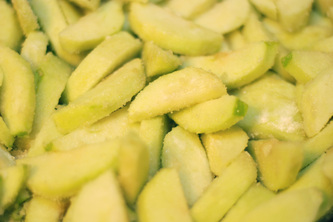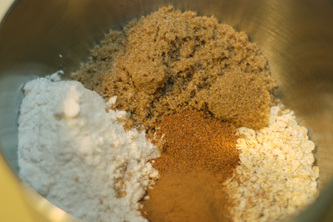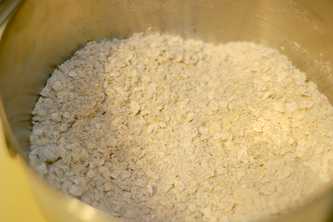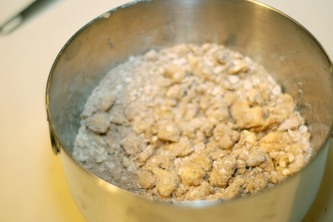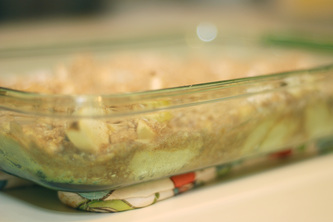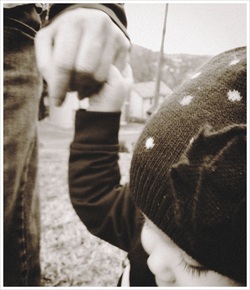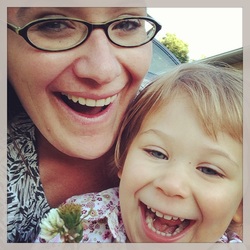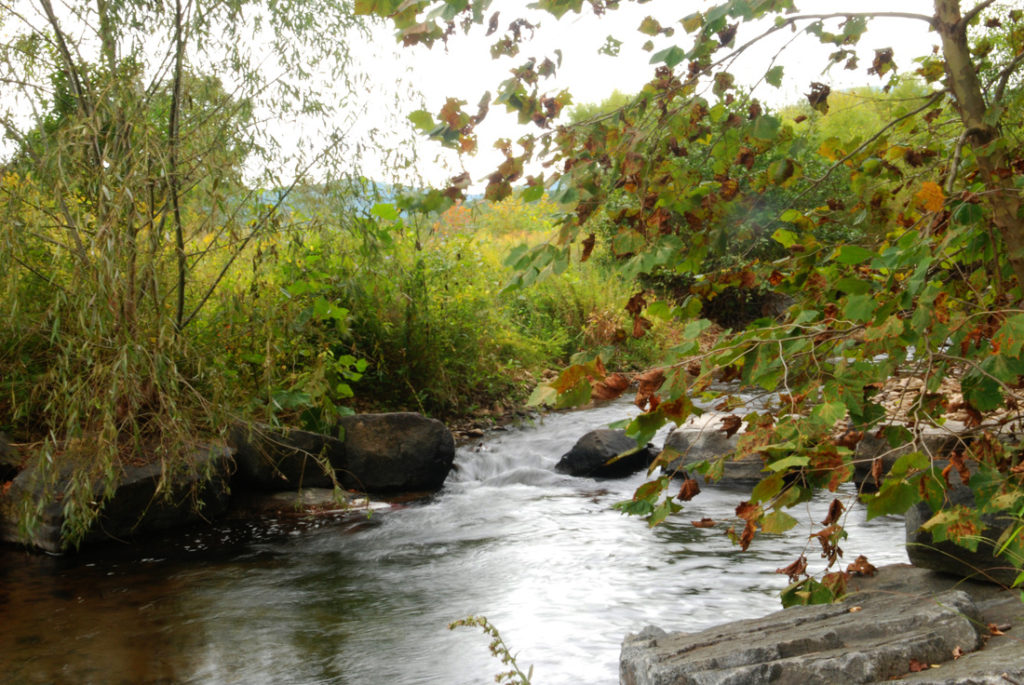 Disordered eating is not just about eating disorders. It’s not just starving, bingeing or purging yourself. It’s restricting yourself in the name of dieting or losing a few pounds. It’s berating yourself when you “screw up” and bemoaning all the “bad” foods you ate. It’s forcing yourself to work out more later because of what you ate earlier. It’s calories in, calories out with complete disregard for the human being who has thoughts and feelings that are so much more important. Disordered eating holds you back from living.
Disordered eating is not just about eating disorders. It’s not just starving, bingeing or purging yourself. It’s restricting yourself in the name of dieting or losing a few pounds. It’s berating yourself when you “screw up” and bemoaning all the “bad” foods you ate. It’s forcing yourself to work out more later because of what you ate earlier. It’s calories in, calories out with complete disregard for the human being who has thoughts and feelings that are so much more important. Disordered eating holds you back from living.
In part 1, I talked about kindness and how important kindness is for ourselves and the world around us. So what’s part 2? Part 2 is curiosity. Curiosity is one of those mentalities that can determine whether you’re going to accuse someone, get in a fight with someone or just discover more about how a person works. Curiosity gives you the ability to discover things about yourself and others in a way that’s not inflammatory, not belittling and not accusatory.
I watch my kids and their curiosity, their sense of wonder about everything around them. The things that come out of my 3-year old’s mouth shock and amuse me constantly. But they’re honest, curious questions. Everything from “Do all boys have a penis, or just big boys like daddy?” Or “What is my nose stinking about? Did somebody fart?” “Why do flowers come in the spring? Don’t they like winter?” “When I was born, did I come rolling out of you, Mommy?” The questions! The innocence! The hunger for more knowledge! She’s truly interested in it all and it amazes me.
While we have matured enough (hopefully) to not go around blurting out some of these questions, we certainly can learn from them. Turn that curiosity inward, with just curiosity, not judgment or blame. “Why am I eating if I’m not hungry?” Let the answers come and accept them, consume them, learn from them. “I’m tired and it tastes good.” Okay. Okay, good. We’re getting somewhere now. “Why did I keep eating if I was full?” “Why am I choosing foods that don’t make me feel good after I eat them?” Do you see how these questions are kind and curious? They’re not hateful or mean and they elicit the kinds of responses that can help you learn more about yourself.
If you’re like me, you want to know when you get to step out of curiosity and into change… The answer is when you stop trying to step out of curiosity and into change! As long as you’re trying to change someone (including yourself), you’re not really being curious, are you? You’re being manipulative and trying to control the results. Being curious is just that: curiosity. Looking for clues. Seeking insight. Into you! Who could possibly be more interesting than you? The why’s and how’s of who you are, the what’s and where’s of how you think – these are fascinating discoveries!
When you stop trying to change and start seeking to learn, you’ll find that your curiosity has given you permission to BE. And in being free to be, you may find that you don’t have to control it all so much. By not controlling it all so much, you’re less likely to judge. By not judging, you’re able to let go. By letting go, you may find you’re not lashing out and reaching for things that you used to deem as “bad” and maybe grabbed them just to show you, to show them all that you can make yourself feel better. You can eat what you want and no one’s going to stop you! Because guess what? You don’t have to show them, or yourself, anything. You’ve been watching and asking and kindly observing how you operate and you can love those parts of yourself. You’re not “cheating” or “falling off the wagon”, you’re living and you’re aware of what you’re doing and you love yourself for taking care of yourself in whatever way you know how.
Some people fear that by letting go of the control, they’ll be eating take-out and donuts and cake until they gain 500 lbs and nobody loves them. My question is this: If you have to control yourself with such militant restraint, what pleasure is there? If you ate a donut once in a while because you wanted it and because it tastes good and because you have complete trust in yourself and compassion for who you are and why you’re eating it, wouldn’t that be a safer, more kind place to live? And wouldn’t you know that kind of trust if you’d taken the time to ask yourself a little bit about yourself? Instead of looking to a magazine that promises rapid weight loss or the latest diet craze to hit Pinterest, look inside. Find out who you are. Ask questions about what you want. How do you want to live? Who do you want to see living your life when you look back in 20 years? What do you want to eat? Right now? There’s no wrong answer. Promise.
In case this is all too vague and heady, I’m going to share with you an example of a conversation that I might have with myself:
I want a cookie.
Mmm, that sounds good. A cookie. Are you hungry?
Not really, but I want it.
Okay. I mean a cookie is just a cookie after all, but why eat it if you’re not hungry?
Well, it’s not often we have fresh baked cookies and it looks so good and I know it will taste good!
I bet it will! Fresh baked cookies are the best! So, if you really want it you should totally eat it. I’m just curious though, why don’t you wait til you’re hungry?
I don’t know. I guess I’m impatient because it’s going to taste good either way.
True. Is it possible it will taste even better when you’re hungry than it will when you’re not?
I guess.
I’m not trying to talk you out of it, really! You can have it if you want it. I’m just curious. If it will taste better when you’re hungry, what’s the harm in waiting?
I know, I know, you’re on the edge of your seat wondering what happens next, right? Well it depends. Some fears might pop up. What if I’m not hungry later and I miss out on all that fresh goodness? Well, realistically, it’s not the last cookie I’m ever going to have a chance to eat. The end of this conversation could go either way. If I want it, I’ll eat it. If I don’t really want it and I know I’m not hungry, I won’t. Either way, there’s a kind curiosity here. Do you see it?
I want this for you. I want it for all of us. Not just with food, but with life. If you don’t like how someone is acting (including yourself), you can be curious about it and separate yourself from the judgment of the action. Look deeper into the feelings and thoughts behind what’s happening and learn more about them (or yourself). Curiosity can take you deeper into relationship with others and yourself if you let it. I hope that you will.

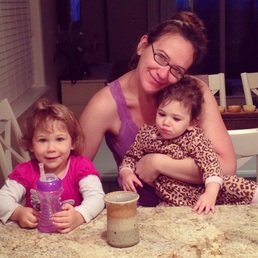

 Every morning, after I take my Female Balance (
Every morning, after I take my Female Balance (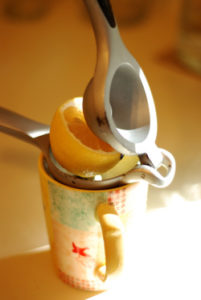 A random lemon water note:
A random lemon water note: